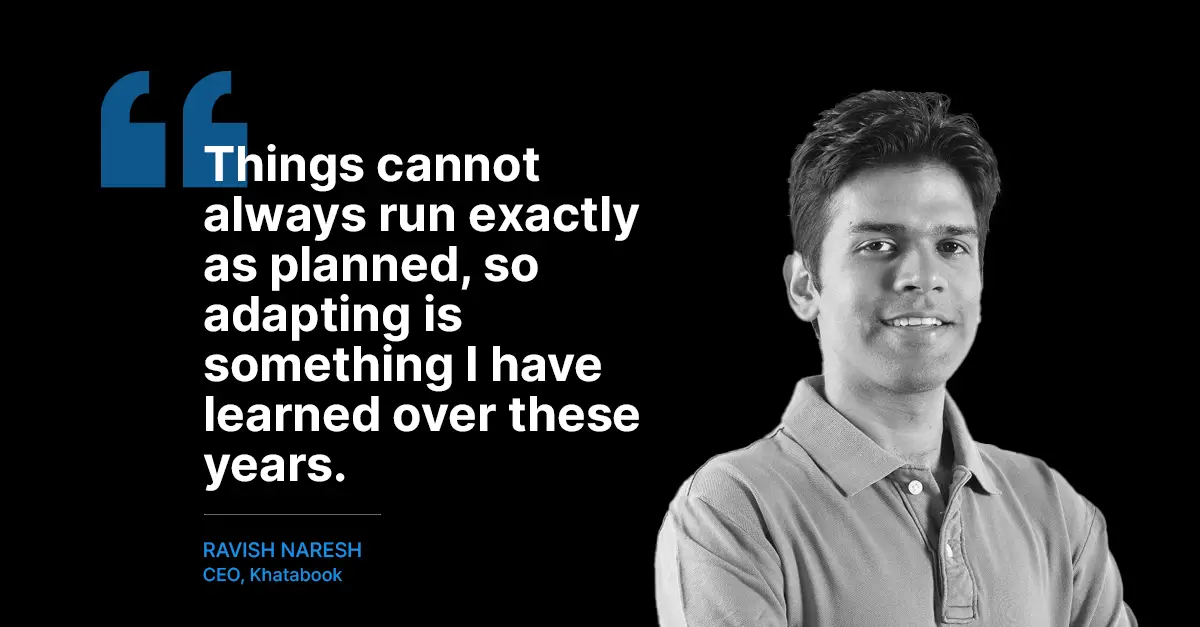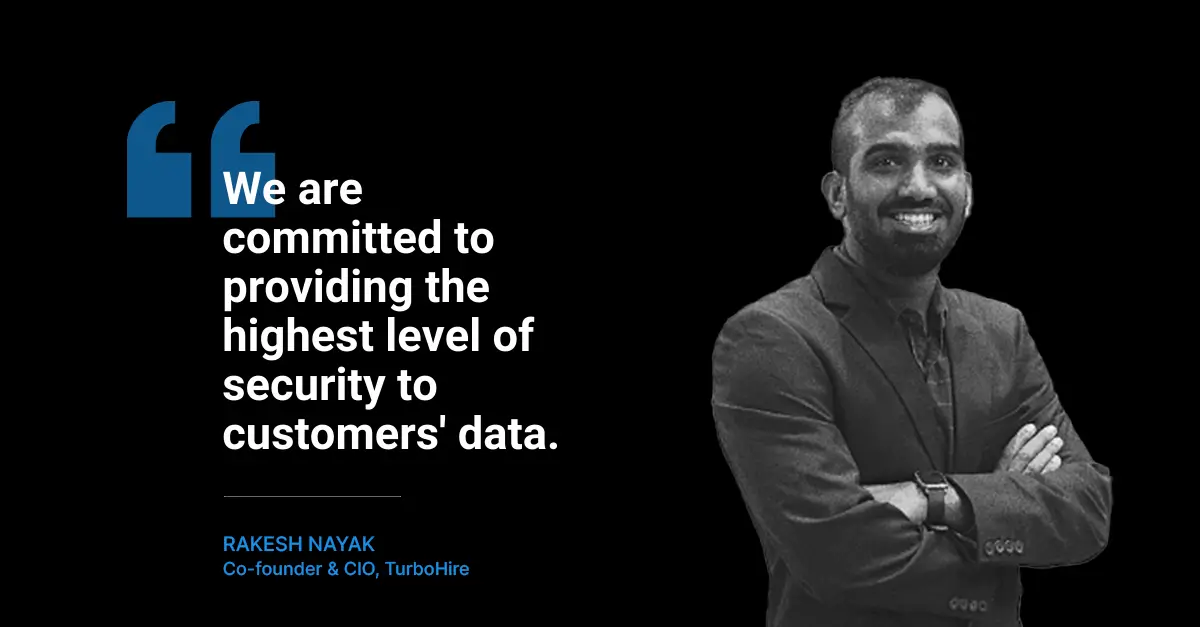Something changed in 2020. Covid has changed corporate thinking about Remote Work, Work from Home, Productivity, and Talent Availability in one big sweep
Today Work from Home (WFH) or Remote Work at a distance won’t surprise anybody. However, such a shift in the job market implies some changes in HR workflow. Let’s take a look at the differences in hiring Remote Workers or workers who are expected to work predominantly from Home.
WHY REMOTE?
The learnings from 2020 have been revealing. So much so that many companies especially those who are in technology, have decided to have everyone in the company work from home. This thought has naturally cascaded into hiring for the right talent anywhere, aka Remote hiring. Freelancer portals have also assisted in understanding that If you have to find workers for short-term projects, it’s better to hire remotely. Otherwise, when the project is over, you’ll have to fire that person, which may affect the company’s reputation. Another benefit is that Remote employees are more independent. They demand less supervision, and as a result, the company hires fewer managers to control workers and save money.
However, Hiring Remote Workers or Employees who will work form can have several pitfalls if the entire hiring activity is not thought or well-executed.
JOB DESCRIPTION
The Job descriptions for remote work can not be the same as those for in-house employees. It has to be as precise as possible while writing a job description. Beyond eligibility and required skills, you have to explain more things concretely including communication requirements, updating tasks, availability, and others or you will find the hired person completing the task in the wrong way. Not defining these is when the independence of a remote worker can backfire on you. Put your ideas clearly to spell your expectations and avoid misunderstandings.
When a candidate amenable for remote works sees a detailed and concrete description of the work, expectations, and time commitments required, he/she is more likely to answer you.
SOFT SKILLS
The in-house jobs did not require too much stress on Soft-skills, as HRs and leadership believed that person will imbibe them while being on the premise through osmosis. One of the mistakes HRs make while looking for a remote worker is that they do not even try to imagine what “type of person” they need to hire for remote work, and actually what are the main features of a person who are able to work efficiently at a distance.
You must give critical thought to soft skills. The first common mistake is to look for an independent team player, which by the way is an oxymoron. Who you really need is a person with the following set of skills:
Self-motivated – as remote workers do not receive much or only sporadic support from managers and peers.
Written communicator – good written communication is a must because they will mainly chat with messengers or send written planning documents and send in status reports.
Reliable – A thorough background and referral checks are a must. If a person doesn’t feel reliable and trustworthy, how can you entrust business matters to him/her?
INTERVIEWING METHODS
The fact that you’re looking for people to work remotely doesn’t remove the necessity to interview a candidate. While video conference technology allows you to do so, but before that, there are additional requirements to check the overall communication profile of a candidate – email and phone interview.
Email interview may seem weird at first sight, but it has a few advantages. You can test this communication channel, how fast your future employees react to messages, and if they can answer the questions coherently in a written form.
Phone calls are a good way if you want to test a candidate’s ability to listen, comprehend and answer logically and showcase verbal communication.
Subsequently, a video interview can help you understand emotions, presentability, cultural compatibility, etc.
RIGHT QUESTIONS
During the interviews, the number and type of questions you ask are approximately the same, but they are different in content.
Questions to remote workers are aimed at understanding how self-motivated they are, what is their main motivation, and how independent they are. You have to switch on your inner psychologist to feel the subtle difference between the intent to work at home and the intent (escaping from work) to stay at home.
The chance of a missed deadline among remote workers is higher, therefore It’s important for you to understand their organizational and planning skills. Enquire about the work environment where they are the most productive, what planning approaches they would advise to cope with the tasks.
BONUSES AND PERKS
Despite working from home or remote, these people are still your workers. If they perform well, they deserve bonuses. To headhunt the needed specialist, you need to offer perks too.
Their “cookies” need to be different from what you are used to the offering, but they definitely won’t refuse paid days off and vacation credit. Learn the interests of your candidates to personalize their perks as much as possible. It’ll be a win-win deal for both sides – the more you care about your worker, the bigger is the chance to hire a loyal remote worker.
TIME DIFFERENCE
Depending on the position you’re hiring for timezone can be both advantage and drawback, some HR managers may completely miss this point when they need to hire a remote worker for the first time. So, don’t forget to ask your potential candidates were and what timezone do they live in, and even if they are in the same time zone, what is their preferred work schedule.
This aspect of Remote work also pushes HR and line managers to remove the notion of “work-hours” and bring in the paradigm of “desired-output”. You have to get better at defining expected output and timelines better, otherwise more than the remote worker, you will frustrate yourself on what’s going wrong.
TECHNOLOGY ENABLEMENT
Depending on the position and role, there are concerns about Data access and Data retention and hence Data Privacy. The company also needs to pay special attention to making Remote workers “Work-Ready”. You might be needed to ship laptops with a work environment setup on the laptop or you might want a person to use any machine but work on a controlled virtual machine environment. Such operational aspects need to be thought through and well-executed.


















